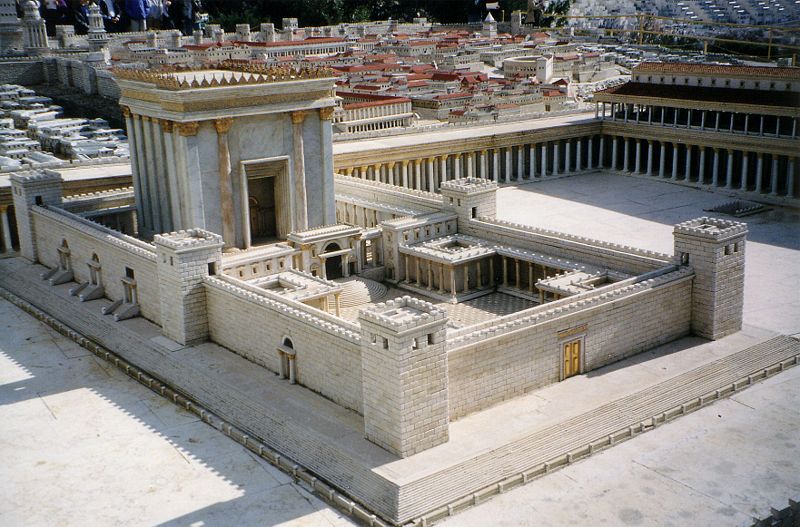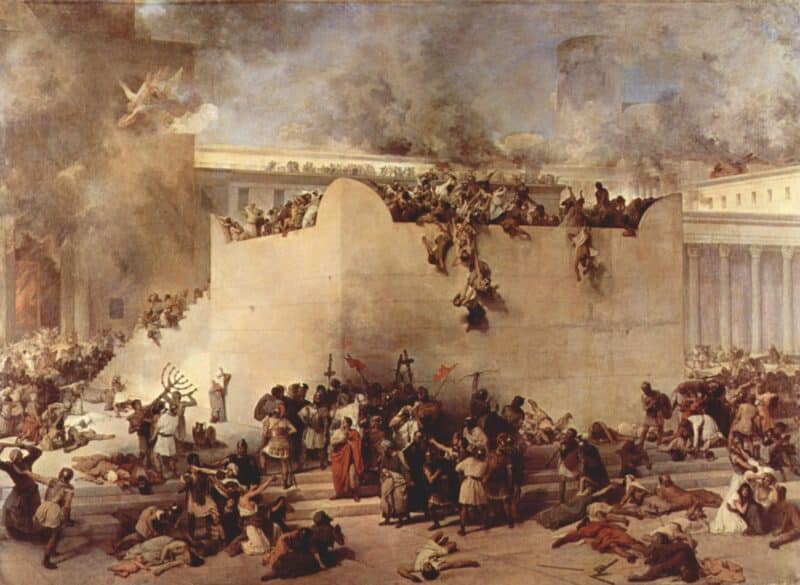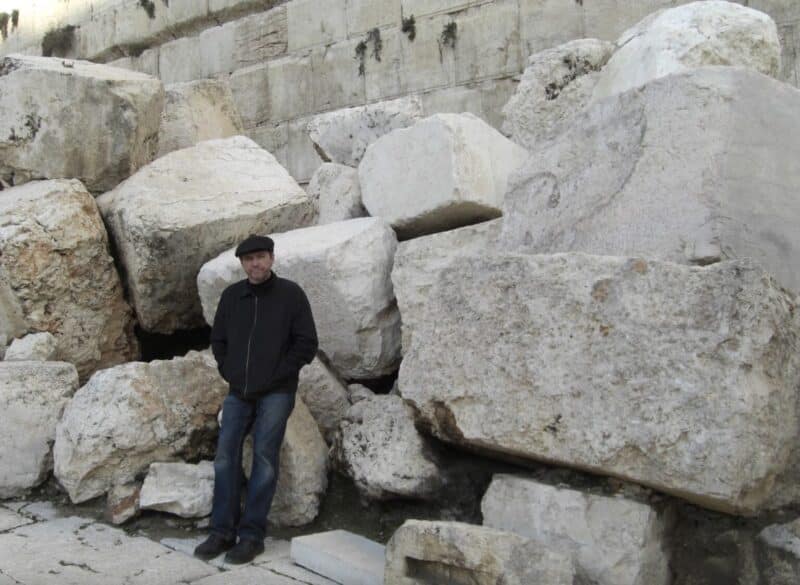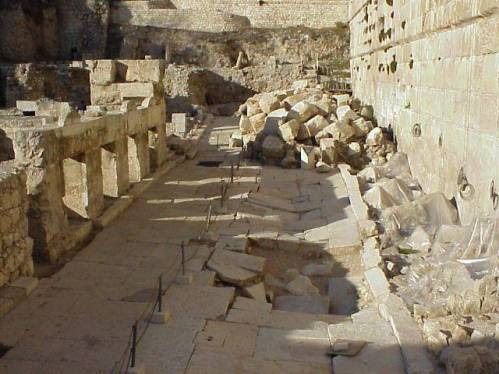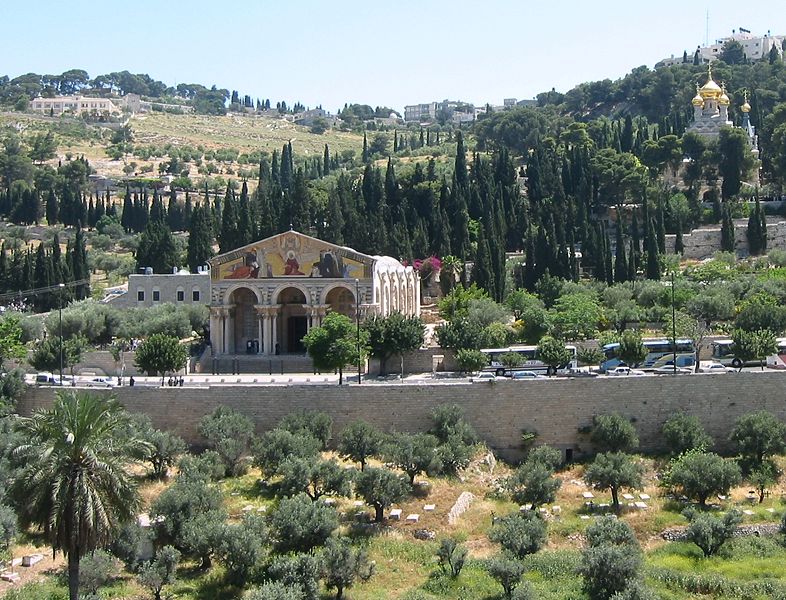February 12, 2023
Matthew 24
The Beginning of the End
Matthew 24 offers us a record of what Bible scholars have come to call the “Mount Olivet Discourse.” This is the second-longest teaching segment of Jesus we find recorded in Matthew’s gospel. Here we read of the disciples gawking at the magnificent structure of the Jewish Temple and Jesus responding with what had to seem like a strange prediction: He said “not one stone here shall be left upon another, which will not be torn down.” What was the significance of that statement by Jesus and what does it tell us about Him?
In the rest of Matthew 24, Jesus talks about the signs of the End Times, Christ’s glorious return and how we who follow Christ can best prepare for both.
A lot of what’s found here reads like today’s news feed. What hope can we have and in what ways does Jesus say believers should respond? Join Pastor Jim as he walks us through some of the major views on the End Times, the return of Christ and the Eschatological sequence of events leading up to the consummation of God’s kingdom.


